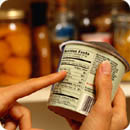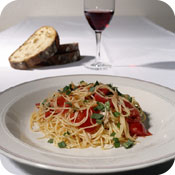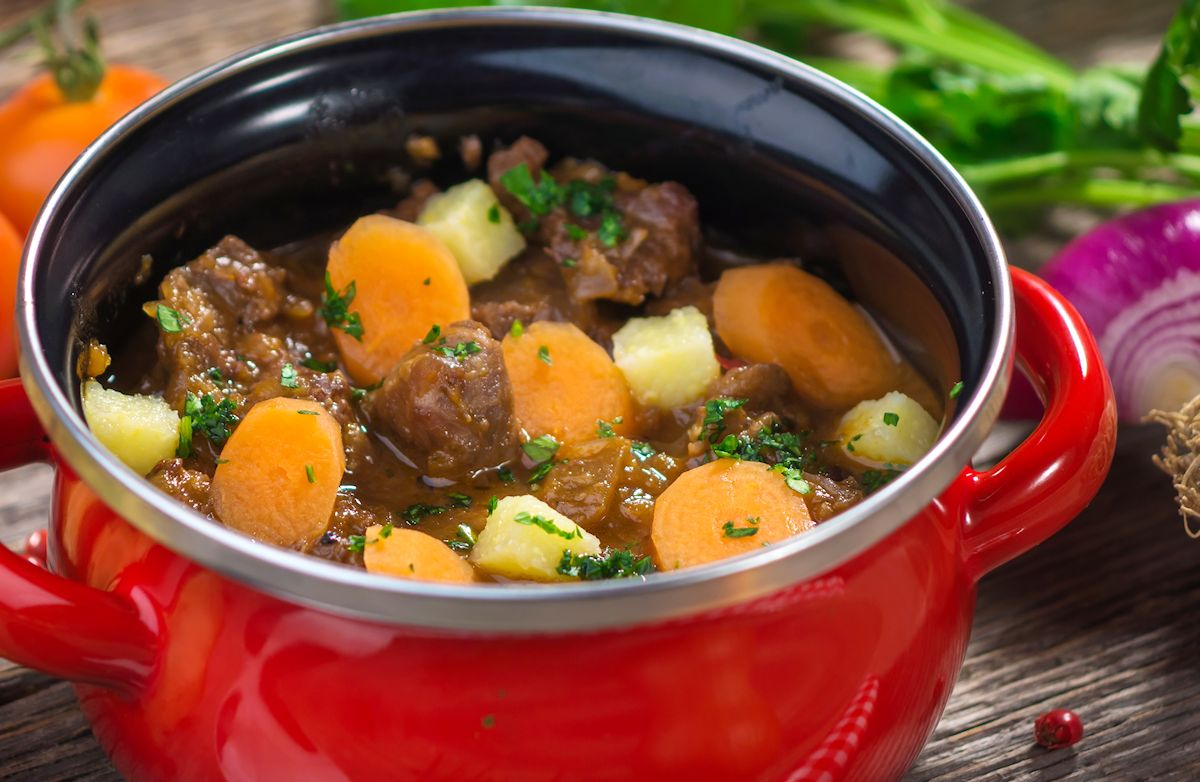 When you're shopping in the grocery store, you may notice that food packages are always labeled with the latest buzz words. When the new food guide pyramid touted the importance of whole grains for example, suddenly words and logos for "whole grains" plastered the fronts of cereal boxes, crackers, breads and even cookies! Now with the media's attention on the harmful effects of trans fats, many food manufacturers are trying to draw your attention to the fact that their product is free of trans fats. No matter what the fad is-low-carb, fat-free, organic, or heart-healthy-manufacturers will try to lure you into buying their product. But, while food manufacturers can't lie to you about the nutrition and ingredients of their products, they can easily mislead you into thinking something is healthier than it really is.
When you're shopping in the grocery store, you may notice that food packages are always labeled with the latest buzz words. When the new food guide pyramid touted the importance of whole grains for example, suddenly words and logos for "whole grains" plastered the fronts of cereal boxes, crackers, breads and even cookies! Now with the media's attention on the harmful effects of trans fats, many food manufacturers are trying to draw your attention to the fact that their product is free of trans fats. No matter what the fad is-low-carb, fat-free, organic, or heart-healthy-manufacturers will try to lure you into buying their product. But, while food manufacturers can't lie to you about the nutrition and ingredients of their products, they can easily mislead you into thinking something is healthier than it really is. Reading and understanding a nutrition label doesn't require a degree in nutrition, but it does require that you look beyond the fancy claims on the front of the box. If you know how to read between the lines of the marketing spin, you too can know how to make the most nutritious choices without having to read the fine print. By law, food labels must be truthful. But manufactures can pick and choose which facts to highlight and spin. As a consumer, your best option is to disregard the claims on the front of the package because, while they may be true, it may not tell you the whole story. Here's a list of the most popular food package claims used by food manufacturers-and what they really mean for you and your health. "Natural" The word "natural" is not regulated by the FDA and therefore is very misleading. Sure "natural" brings to mind thoughts of fresh, minimally processed and healthy food, but it means nothing about a food's nutritional content, ingredients, safety, or health effects. Almost all packaged foods today are processed in some way. Natural potato chips may use real potatoes (instead of flakes), for example, but like regular potato chips, they are still a high-fat food choice with little nutritional content. Natural candy may be sweetened with cane juice (instead of white sugar), but it can still contribute to weight gain when eaten in excess. "Made with Real Fruit" or "Contains Real Fruit Juice" You see "made with real fruit" frequently on fruit snacks, fruity cookies and cereals, and fruit drinks. Since there is no law that requires how much real fruit has to be included in a food that uses this claim, the sugary treat could contain just one grape or one drop of orange juice to be accurate. However, a quick look at the ingredients list will show you what you need to know. When high fructose corn syrup and/or sugar are listed as the first ingredients, you know that the "real fruit" content of the product isn't significant. This is sugary junk food that is trying to masquerade as healthy-but now you know better! Continued › |
The Loopholes of Food Labeling
What Food Manufacturers Don't Want You to Know
Page 1 of 3 Next Page ›






Member Comments